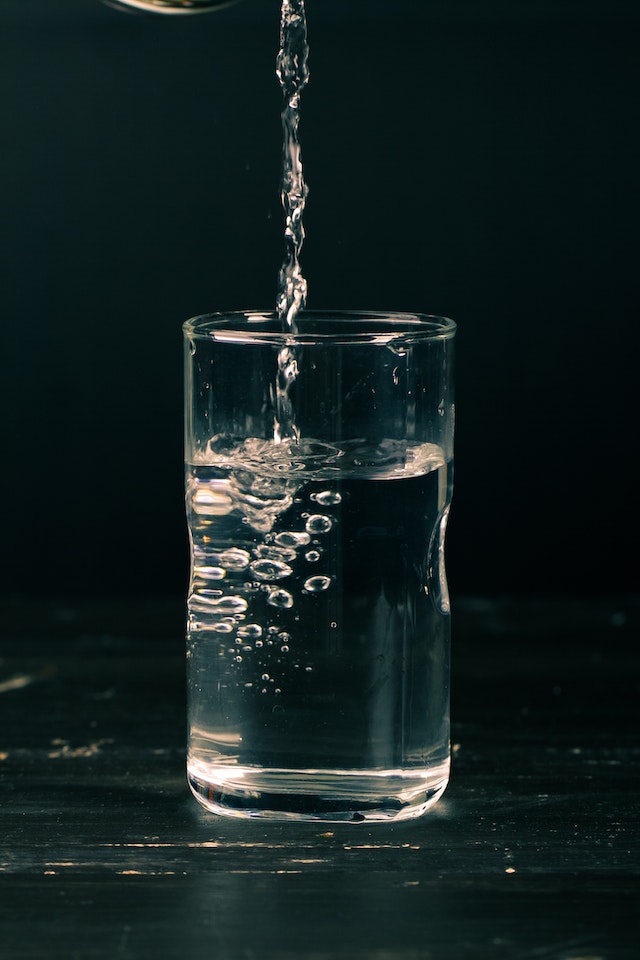The pH level of a baby’s skin is crucial for maintaining healthy and moisturized skin. The pH of the skin refers to the level of acidity or alkalinity, which is measured on a scale of 0 to 14. A pH of 7 is neutral, while anything below 7 is acidic and anything above 7 is alkaline. The ideal pH range for a baby’s skin is between 4.5 and 5.5, which is slightly acidic. In this article, we will discuss why a pH of 5.5 is a must in baby soap and why it is not recommended to use soap with a pH level above or below this range.
Why is a pH of 5.5 a Must in Baby Soap?
The pH level of a baby’s skin is important because it affects the skin’s natural protective barrier. The acid mantle, which is a thin film on the surface of the skin, helps to protect the skin from bacteria, viruses, and other harmful substances. The acid mantle is maintained by the skin’s natural oils, which have a slightly acidic pH level. If the pH of the skin is disrupted, the acid mantle can become compromised, leading to dryness, irritation, and even infection.
Baby skin is more delicate and sensitive than adult skin, which is why it is crucial to use soap that is pH-balanced and gentle. A pH of 5.5 is ideal for baby soap because it is slightly acidic, which helps to maintain the skin’s natural protective barrier. Soap with a pH level of 5.5 is less likely to disrupt the acid mantle and cause dryness or irritation, making it the best choice for baby’s delicate skin.
Why is it not recommended to use soap with a pH level above or below 5.5?
Soap with a pH level above or below 5.5 can be harmful to a baby’s skin. Soap with a pH level above 5.5 is alkaline, which means it can strip the skin of its natural oils and disrupt the acid mantle. This can cause the skin to become dry, itchy, and irritated, making it more susceptible to infection.
On the other hand, soap with a pH level below 5.5 is too acidic, which can also be harmful to a baby’s skin. Soap that is too acidic can be harsh and cause irritation or even chemical burns. It can also disrupt the skin’s natural pH balance, making it more susceptible to infection.
It is important to choose soap that is pH-balanced and specifically formulated for a baby’s delicate skin. Using soap with a pH level above or below 5.5 can be harmful to the skin and cause a range of skin problems.
Conclusion
In conclusion, a pH of 5.5 is a must in baby soap because it is the ideal pH level for maintaining the skin’s natural protective barrier. Soap with a pH level above or below 5.5 can be harmful to a baby’s skin, causing dryness, irritation, and even infection. Parents should choose soap that is pH-balanced and specifically formulated for a baby’s delicate skin to maintain healthy, moisturized, and protected skin.











